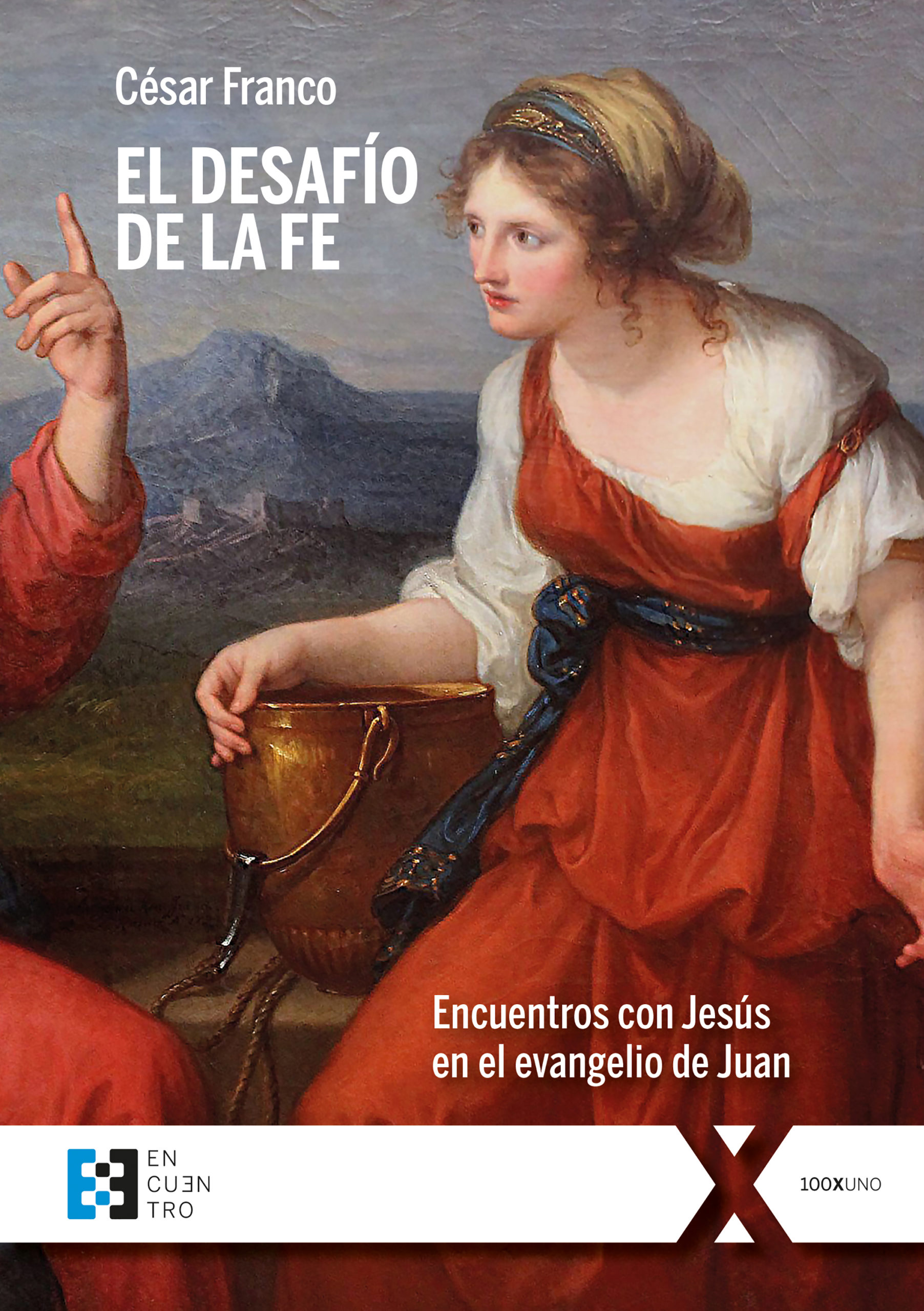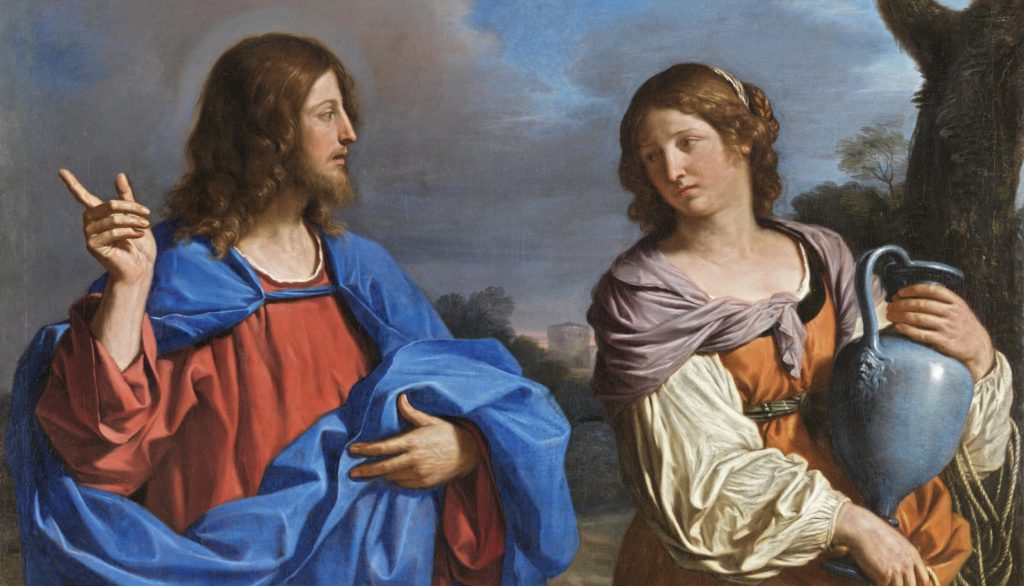 Image pedagogy
Image pedagogy The University of Navarra publishes an audio book of the Bible
The University of Navarra publishes an audio book of the Bible "I wanted to explain what it's like to feel like a foreigner in a big city."
"I wanted to explain what it's like to feel like a foreigner in a big city."Independently of the typically Johannine vocabulary ("to know, to bear witness, to abide, truth, glory", etc.), one of the main characteristics of the composition of the IV Gospel, unlike the Synoptics, is the presence of frequent dialogues of Jesus with different characters, dialogues that sometimes end with a monologue of Jesus. Precisely for this reason, the commentators of the Gospel according to John call Jesus "the master of dialogue", since he very often dialogues during the day, as with the Samaritan woman, or during the night, as with Nicodemus.
Book

This characteristic of the Gospel according to John is rightly emphasized by the author of this monograph, who takes advantage of the dialogues of Jesus with different characters to dialogue with and challenge the reader. Just as Jesus tries to lead his contemporaries to faith, the author helps the reader to embrace faith.
Indeed, "the challenge of faith" runs through the entire book, from its first page to its last. Faith comes from listening and César Franco aptly uses the dialogues of Jesus with some of his contemporaries to speak to the reader, encouraging him to accept not only the challenge of faith, but also the very dynamics of faith, to accept Jesus in his full identity and truth, as the different dimensions of Jesus come to the fore in his dialogues.
In this sense, César Franco uses all the tools that pragmalinguistics offers. That is to say, he analyzes the linguistic expressions, which try to appeal not only to Jesus' interlocutor, but also to John's interlocutor, that is, the reader of all times. In this way, the author, being faithful to the biblical narrative, exhibits, once again, his pastoral dimension, making the Word of God effective in the heart of every reader.
In addition, the author naturally engages in another type of dialogue, the dialogue between word and answer, between Revelation and Tradition. In the opinion of J. Ratzinger, in his famous article "Wort und Antwort", the key to human exegesis lies in this dialogue between the Word that God has pronounced and the response that this Word has provoked when it was received, especially in the first Christian generations.
In fact, without this response, no communication would be possible, since all communication requires both a sender who transmits it and a receiver who receives it. This is what is usually called "reception history". Very often, the author brings in apt texts from the Fathers of the Church, which help to extract all the spiritual dimensions present in the Johannine text.
St. Cyril of Jerusalem defined the Gospel according to St. John as "the spiritual Gospel", underlining the particular character of this Gospel because of its theological depth. However, we often find commentaries on it that are not very spiritual, that leave the soul cold. It is striking that from such a spiritual text such unspiritual commentaries are born. This is not the case here. The easy and profound pen, to which we are accustomed by the author, extracts the theological and spiritual consequences of such a lofty text.
Origen already affirmed that "no one can grasp the meaning of John's Gospel unless he has rested on the breast of Jesus". The author of this commentary certainly encourages the reader to rest his head on the Master's breast in order to "embrace Jesus," which is the essence of the act of faith, according to the famous definition of St. Irenaeus. In this sense, this book helps us to have the same experience as those who were able to see, hear and touch Jesus, in order to be able to embrace him in all his truth, that is, to believe in him.











